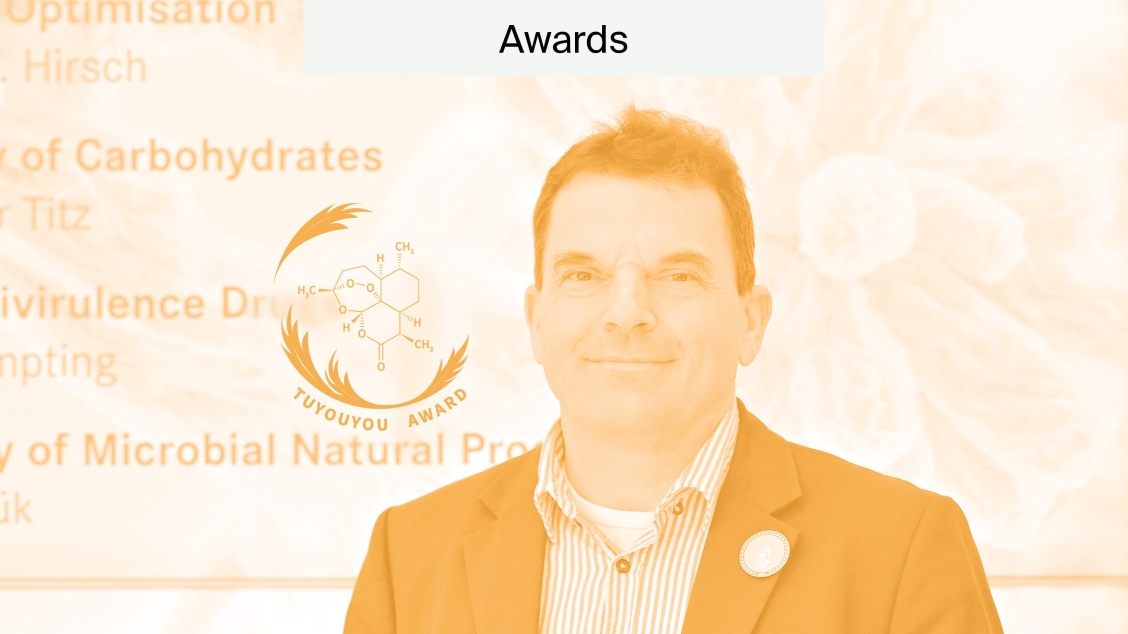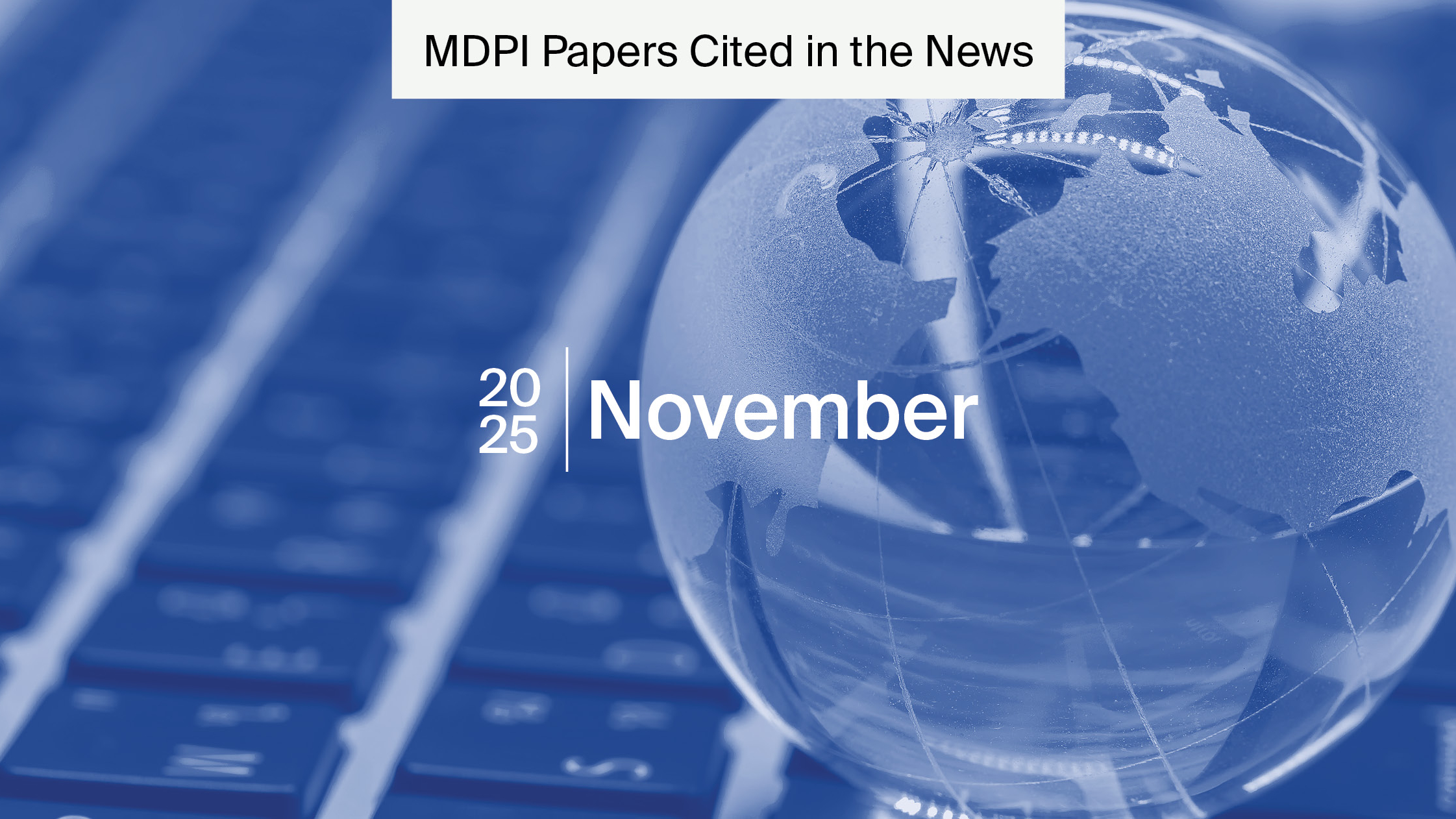
Writing With Clarity In Academia
Writing academically goes beyond simply ensuring your grammar and punctuation are perfect—although these are still greatly important.
In academia, authors are expected to write with clarity and objectivity. Though the subject matter is complex, details must be presented unambiguously, so as to aid reader comprehension. If unclear, research may have less impact in the field.
Here, we’ll take a look at how to communicate your research clearly and succinctly.
What is expected in academic writing?
Academic writing requires structure and organisation, as well as unique language and tone not required of other forms of communication.
Its conventions ensure that there is a strong foundation for communication between academics, allowing them to better interpret and build on each other’s work.
It can be a difficult skill to master, with various features to get to grips with. Below are three of the main features necessary for successful academic communication.
Objectivity
Every academic paper, from undergraduate essays to seminal research papers, must be as objective as possible. This means being free from bias, presenting findings and drawing conclusions that are impartial.
There are several key ways this can be achieved through language choice.
Avoid first person
When presenting your research, you should generally avoid using first-person pronouns (I, we, my, etc.). The focus of your work should not be on what the individual or group did or believe; it should be what the literature suggests, or the content of the hypothesis.
The arguments you’re presenting should be strong enough by themselves. Using first-person pronouns can make it looks as though there’s a lack of reasoning behind your argument and can detract from the quality or truthfulness of the sentiment. For example:
I surmised that the most suitable option was to exclude data points outside of this range
as opposed to
Data points outside this range were excluded because they were statistical anomalies
The former provides little detail except that the author thought it was the best option. The second example sounds much more authoritative and is set up more appropriately to provide the reasoning for the action taken.
Avoid subjective adjectives
It is crucial that you do not inadvertently hint at your opinion through your descriptions. Words like “wonderful”, “terrible”, and “mediocre” all betray your feelings towards an aspect of your work.
By implying a value judgment, the author is not providing an objective description or evaluation. This is thus not evidence-based and impacts the reader’s perception of your work—expressing even mild subjectivity can worsen the credibility and validity of your arguments. For example, instead of saying
The studies found were great
you could say
The studies found were relevant to our research
The former expresses an opinion. The latter expresses much the same sentiment but in a way that is less emotive. And, it opens up more room for the author to expand on why the studies were, objectively, relevant.
Avoid colloquialisms
Many of the words and phrases you’d use in informal settings look out of place in an academic text. This includes popular abbreviations (ASAP, DIY, etc.), contractions (can’t, won’t, etc.), and commonly used sayings (straight to the point, piece of cake, etc.).
Using such language can damage the credibility of your work. Scientific communication has developed to be precise and formal; authors should aim for brevity over verbosity. Generally, a one-word, formal alternative is favoured over winding phrases to be as clear and direct as possible. For example:
There aren’t a lot of researchers who have encountered this problem
as opposed to
Not many researchers have encountered this problem
By removing the contraction (aren’t) and replacing a lot of with many, the sentence is much more direct and formal. Though there is room for creativity in academic language, generally each sentence should be as straightforward as possible, with formal language, to lend your work an authoritative and professional tone.
Precision
Perhaps the most important factor in getting your message across is being precise in your descriptions. Authors must specify what they mean so as to avoid misinterpretation.
This can be achieved by including as much relevant detail as possible. For example:
Many people have already been affected by desertification, with many predicted to be displaced by it in the future.
versus
Approximately 250 million people are currently affected by desertification, and forecasts estimate that 135 million people will be displaced by 2045.
The former is vague and doesn’t give the reader an accurate vision of the issue. By providing specific information, such as numbers and dates, it is much more compelling and provides a much clearer picture.
Additionally, authors should avoid any redundancies in language. By this we mean including information that does not add anything new or valuable to the discussion, or repeating something that has already been mentioned. For example:
The sloth evolved over time and became smaller in size.
Here, evolved over time is unnecessary—evolution already implies the fact that it was over a period of time. Additionally, smaller in size is superfluous detail, as smaller in this context implies we are already talking about size.
By eliminating excess and providing specific, relevant information, your article will naturally be much more comprehensible and impactful to the reader.
Structure
How your work flows is also highly important in academia. If not structured logically, your work will be disjointed and hard to follow. Regardless of how useful your conclusions are, it will be easier for the reader to misjudge its value.
Your ideas should follow coherently on from one another, flowing smoothly from start to finish. One major way to achieve a good structure is by looking at paragraphs.
Generally, you should stick to one point per paragraph. This should be introduced by a topic sentence, which briefly explains what the focus of the paragraph is. For example:
Diabetes is a long-term health condition that currently impacts an estimated 537 million adults globally.
This sets up the subject of the paragraph and allows the author to follow up with explanations, evidence, and comments about the topic.
Everything discussed in the paragraph should relate back to the topic sentence. It is confusing to a reader if they cannot find the link between a piece of information and the subject matter of the paragraph.
After the topic has been discussed, the concluding sentence should simultaneously sum up and lead into the next paragraph. For example:
Thus, proper management of diabetes is necessary as there is no permanent cure and subsequent health complications.
Here, the author has concluded that, because of the preceding information, more needs to be done to address the management of diabetes. They have also set up the next paragraph on current treatments and the associated health complications.
This way, readers can easily focus on the content research and not have to work hard to actively link together your ideas.
Writing your paper
By observing these fundamentals when writing, your work will be much more succinct and comprehensible. As a result, the reader will be left with a better understanding and impression of your research.
If you want more tips to improve your paper, read 3 Grammar And Punctuation Errors To Avoid and How To Write A Clear Manuscript.
If you want to ensure your thesis or dissertation is free from any grammatical and punctuation errors, MDPI Author Services offers language editing services to students at a 20% discount. We provide a comprehensive language edit, correcting grammar, punctuation, and phrasing. Users of our Rapid Service will receive their edit within 1 working day.
Our team of highly skilled English editors have edited over 60,000 papers, with a 97% author satisfaction rate. Our services are available to both MDPI authors and those publishing with other journals. Visit the link above to get a free quote today.











